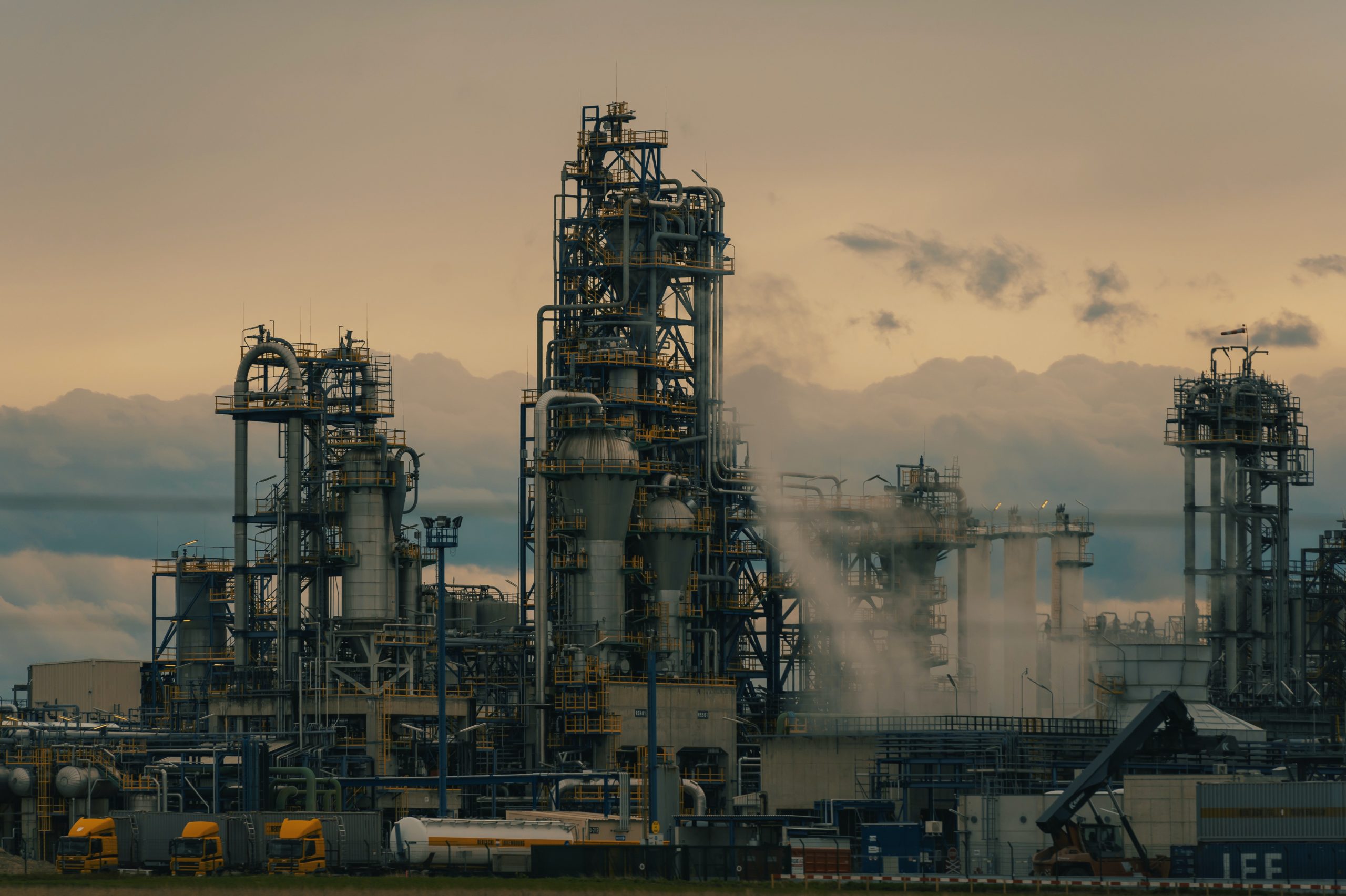- en
- fr
Is Iraq on its way to becoming a global petrochemicals powerhouse?
There is no fundamental reason why Iraq cannot become a world-class producer of high-value petrochemicals, given its vast oil and gas resources.

Iraq has long desired to become a major player in the global petrochemicals market, leveraging its abundant oil and gas resources to produce high-value products and generate significant revenue. The Nebras Petrochemical Project (NPP), located in the country’s south, is a significant step toward this goal. After years of delays, discussions have recently taken place to move the project forward. It would benefit enormously from huge revenues from these value-added products, as well as from reusing a large portion of the gas it currently flares.
Shell signed the original deal to build the then-estimated US$11 billion NPP in the southern oil hub of Basra in January 2015, after signing the original memorandum of understanding in 2012. At the time, both sides were optimistic about the future of Nebras, with then-Industry Minister Nasser al-Esawi telling a news conference that the NPP would be operational within five to six years, making his country the largest petrochemical producer in the Middle East.
The Nebras project was designed to produce at least 1.8 million metric tonnes per year (mtpa) of various petrochemicals. This would be Iraq’s first major petrochemicals project since the early 1990s, and one of only four such large complexes in the country.
Shell then announced in January 2015 that Iraq’s cabinet had approved the Nebras project and that the company would work on it “jointly with the ministries of oil and transport to develop a joint investment model for a world-scale petrochemical cracker and derivative complex in the south of Iraq”.
Oil & Gas

